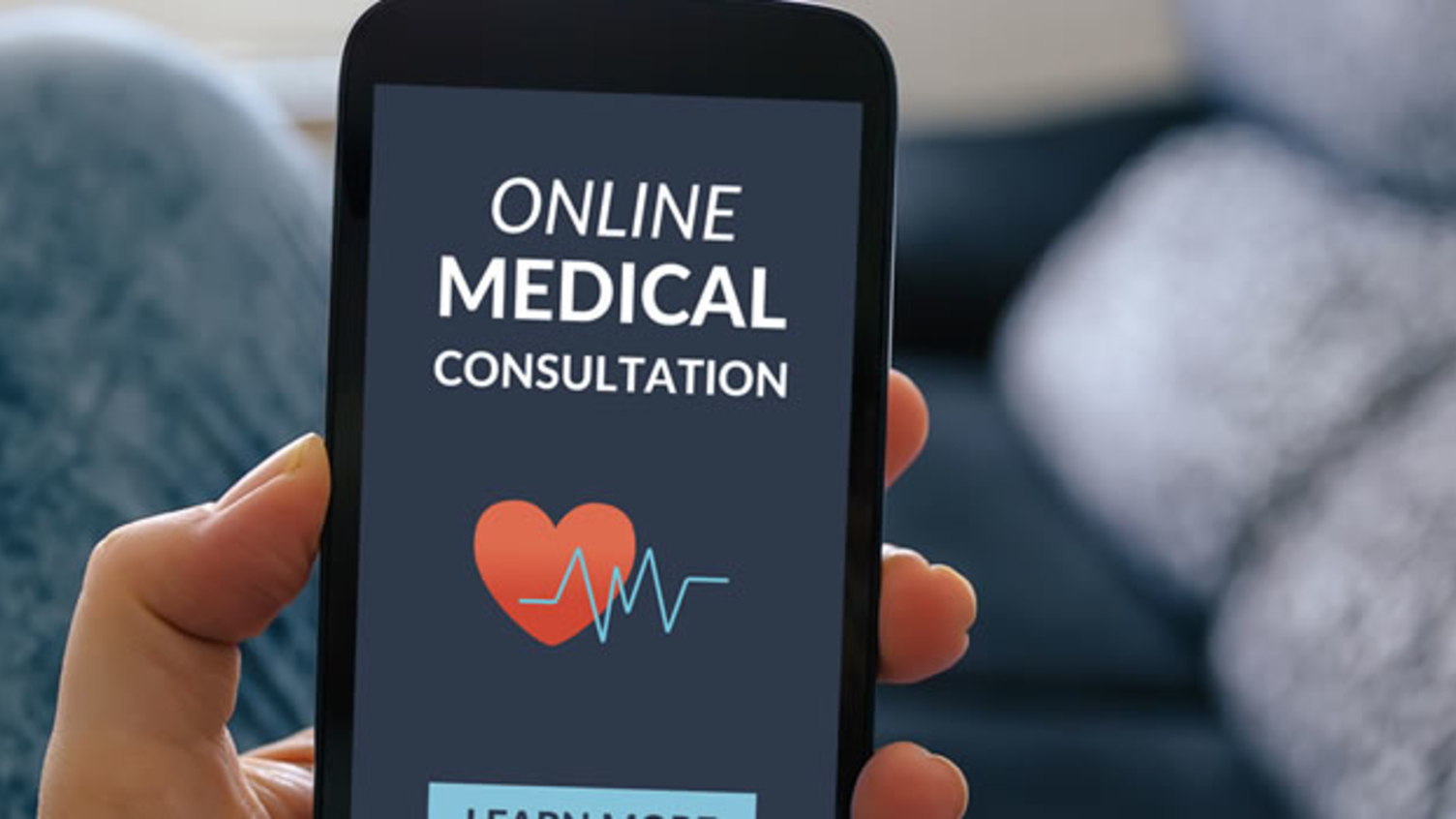Digital Technology for Mental Health

About this PSP
Huge opportunities to transform mental health care are offered by the internet, online services and the full range of digital technologies. But we need to know much more about the impacts of these new technologies. This PSP was interested in understanding what research questions are important to people with lived experience of mental health problems and the health and social care professionals who work with them.
See news from this PSP: August 2018
The Digital Technology for Mental Health PSP Top 10 was published in August 2018.
More about the PSP
A recording of a follow up webinar to discuss the priorities
Top 10 Priorities
- What are the benefits and risks of delivering mental health care through technology instead of face-to-face and what impact does the removal of face-to-face human interaction have?
- How do certain mental health conditions (e.g. depression) affect how people engage with technology?
- How can treatment outcomes be maximised by combining existing treatment options (medication, psychological therapies etc.) with digital mental health interventions?
- At what point in the care pathway (e.g. crisis intervention, prevention, engagement, treatment, maintenance, and recovery) are digital interventions most safe and effective?
- How should apps for mental health be evaluated and endorsed?
- What impacts will the adoption of digital technology in mental health services have on capacity, access to services, waiting times and preferred appointment times?
- Are therapies (e.g. CBT) delivered via digital technology as effective as those delivered face-to-face?
- Can the common elements of therapy (e.g. empathy, gestures, non-verbal cues) that come from person-to-person interactions be maintained with digital technology interventions?
- Do digital health interventions increase reach and access to groups and people less well served by traditional mental health services (e.g. Black and ethnic minorities, men with depression, people in rural areas etc.)?
- How can social media be used more effectively to bring people with mental health problems together and help them connect e.g. in their communities, rather than isolating them in their homes?
The following questions were also discussed and put in order of priority at the workshop:
- In what ways can digital technologies effectively support or supplement the delivery of psychological therapies to prevent relapse in people with mental health conditions?
- Are digital technologies (e.g. apps, telephone support, text messaging, online services) effective in preventing crises from getting worse for people with mental health problems?
- Does digital technology help or hinder the goal of social inclusion, and in particular address social isolation / loneliness among people with mental health problems?
- How do people with mental health problems experience digital online and mobile self-guided interventions, such as computerised CBT, where there is little or no contact with a trained therapist?
- How can duty of care be upheld when using digital technologies for mental health?
- How well can digital technology (without human support) replace the human aspects of therapy e.g. the therapeutic relationship that develops between two people?
- What is the evidence that digital interventions increase access to underserved populations and don't exclude groups with mental health problems on the basis of income level, age or confidence using digital technology?
- What digital technologies are effective at preventing mental health crises (e.g. for with children and young people) through stepping-in early?
- How effective are online forums (e.g. personal support groups) as compared to face-to-face delivered support for people with mental health conditions (e.g. those who self-harm, borderline personality disorder)?
- What are the potentially harmful effects of apps designed for supporting mental health and how should these harms be routinely assessed?
- Does using social media worsen mental health problems in children and young people?
- How effective, safe and reliable are mobile apps (offering, for example, mindfulness, CBT, mood-tracking and monitoring) for common mental health problems (e.g. suicide and self-harm, depression, anxiety)?
- How can digital technology be integrated alongside standard care from health professionals to help improve outcomes for common mental health conditions such as depression?
- Does the use of computerised therapies for mental health conditions increase feelings of isolation?
- Are psychological therapies delivered using video conferencing (such as Skype on an iPad) as good as face-to-face therapy?
- How can digital technologies be used to help connect older people with mental health conditions (e.g. anxiety, depression, cognitive impairment) who are in isolation or at risk of becoming isolated?
Document downloads
For full details of all of the questions identified by this PSP, please see the document below.